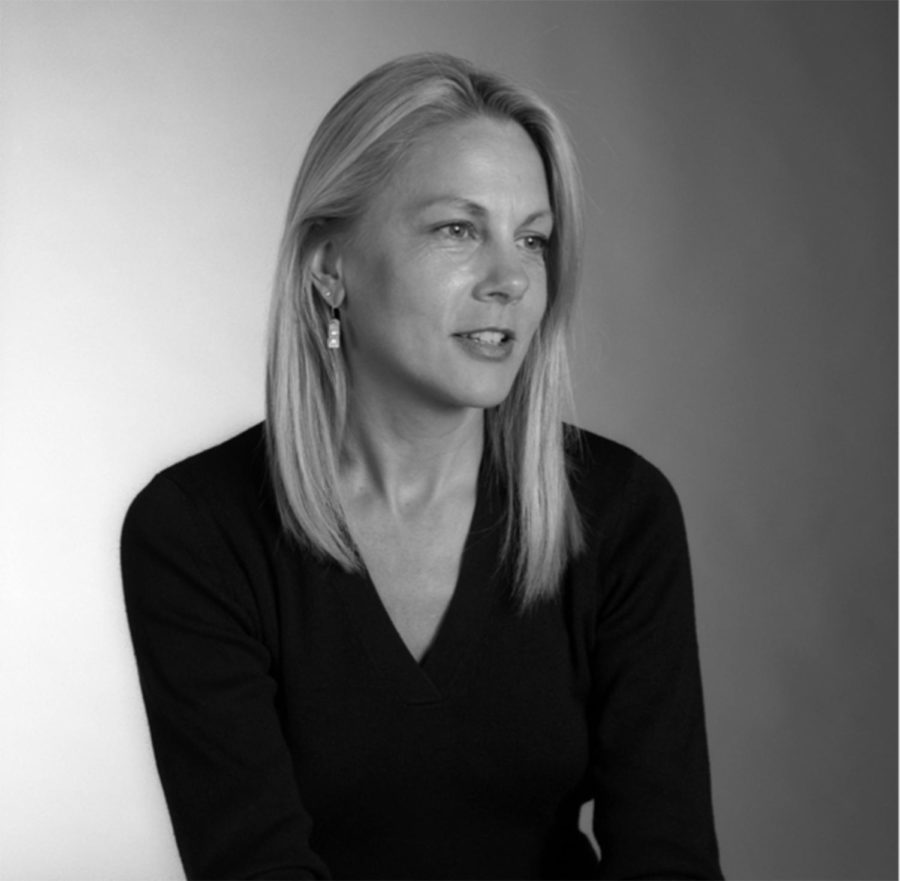From the tour bus to the classroom: Debra Marquart takes the long road
English professor Debra Marquart’s newest poetry book, “Small Buried Things” is her third collection of poetry.
May 19, 2015
Haunted by the images of shadow boxes full of objects like buttons, chicken bones and safety pins, English professor Debra Marquart was inspired to write her newest poetry book, “Small Buried Things”.
These shadow boxes were part of a medical display exhibit at the State Historical Society of Iowa that Marquart saw years earlier. All of the objects in the shadow boxes had been pulled out of the throat and nasal passages of patients by a doctor in Des Moines.
The idea of things that “go down hard and won’t come back up” quickly became a running metaphor for Marquart’s new book, but also the book’s frontispiece called “Things Not to Put in Your Mouth.”
“These poems deal a lot with repression and the silence that comes with it,” Marquart said. “I try to use these poems to bring these things back to the light.”
The book, which is Marquart’s third collection of poetry, also includes a long poem in the center section that shares its name with the book’s title. The poem talks about the issues and ethics of big oil in North Dakota, a topic close to Marquart as a native North Dakotan.
“In my memoir, ‘The Horizontal World,’ I describe North Dakota as a place where nothing ever happens and nothing ever changes,” Marquart said. “But now with the oil boom, everything has changed. Writing and researching about oil is almost a way to amend my memoir.”
Marquart spent the spring semester in Michigan researching fracking [the technique of recovering oil from shale rock], the oil boom and environmental justice, as well as learning the stories of people who were impacted.
“I have met a lot of people impacted by the oil boom,” Marquart said. “They feel like their side of the story isn’t being told. There’s a lot of pain and struggle.”
These are the issues she likes to expose to her students rather than taking on traditional English topics.
“She has a real interest for the world around her,” said Jessica Yehle, junior in English. “She would always talk about things that were totally off my radar, like fracking. She was really good about drawing inspiration from things I wouldn’t have thought of.”
Marquart isn’t just a writer, but also a musician and a performer. Before becoming an English professor, Marquart spent time traveling as part of a rock band during the ’70s and ’80s.
In the early ’80s, one of the trucks carrying more than $60,000 worth of equipment caught fire. Although no one was hurt, Marquart said the experience was still very traumatic for her.
“Imagine being 24 years old and experiencing something like that,” Marquart said. “That experience was what really got me into writing.”
Marquart said she is just now beginning to write about this period of her life as part of a new book she is working on, as she has never directly written about that experience previously.
Marquart is no stranger to writing about music. In 2001, she published a book called “The Hunger Bone: Rock & Roll Stories” that recount tales of dealing with the not so glamorous side of touring as a musician.
“Music will always be my first love,” Marquart said. “My writing never goes as well unless music is in my life.”
She continues to perform, although mostly solo. She is also in the process of making a new CD. Marquart occasionally performs during her classes as a way to connect with her students.
“One of the best days of class was when she brought in her guitar and played for us,” Yehle said. “She was very open and honest about her successes and her failures.”
Students aren’t the only ones with high praise for Marquart. Meeting Marquart factored into K L Cook’s decision to teach at Iowa State.
“I had also known about her because of ‘The Horizontal World,’ which was her memoir but also an important environmental work,” said Cook, a colleague of Marquart. “I had been editor at another literary journal and we had accepted one of her stories, so I had an idea of who she was and was an admirer of her work.”
Cook said he feels Marquart is often an underappreciated member of the English department and believes she deserves more praise.
“I think students find her both nurturing and rigorous,” Cook said. “She’s found this wonderful balance. She’s intellectually stimulating but also very kind and generous. She’s very encouraging of young writers and artists about the necessity of making art.”

















